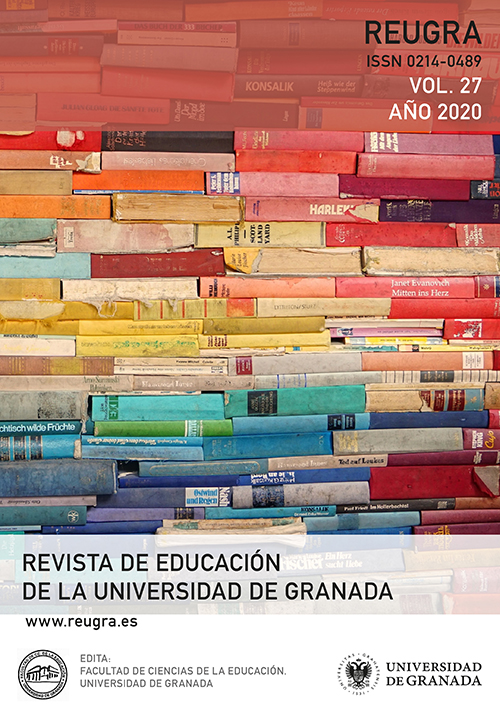Addictive substances: brain’s hackers. A didactic study on Natural Sciences
Main Article Content
Abstract
This study addresses the problem of the construction of concepts on brain functioning in interaction with addictive substances, within the educational field of teaching Human Biology, on high school education. Its development focused on: 1) rescue student conceptions about the structure-function nervous system in general; 2) record the relationship, established by students, between certain psychoactive substances (alcohol, marijuana, and cigarette), brain function, and their impact on other organic functions; 3) search the potential formation of protective health behaviors.
The methodological approach included the resolution of a diagnostic-interventionist study, in second year high school classrooms of four different schools, at Mendoza province, Argentina. Pre and post-test studies were implemented using a validated instrument. Throughout the population sample, a didactic-disciplinary intervention workshop was developed, where different iconographic, analog, and multi-media resources were used to enhance meaningful cognitive bridges, to favor understanding and analysis. The results of the test can be systematized and analyzed qualitatively and quantitatively. The results obtained provide some didactic and disciplinary profiles for the treatment of specific difficulties around associative and holistic processes, which support health protection.



